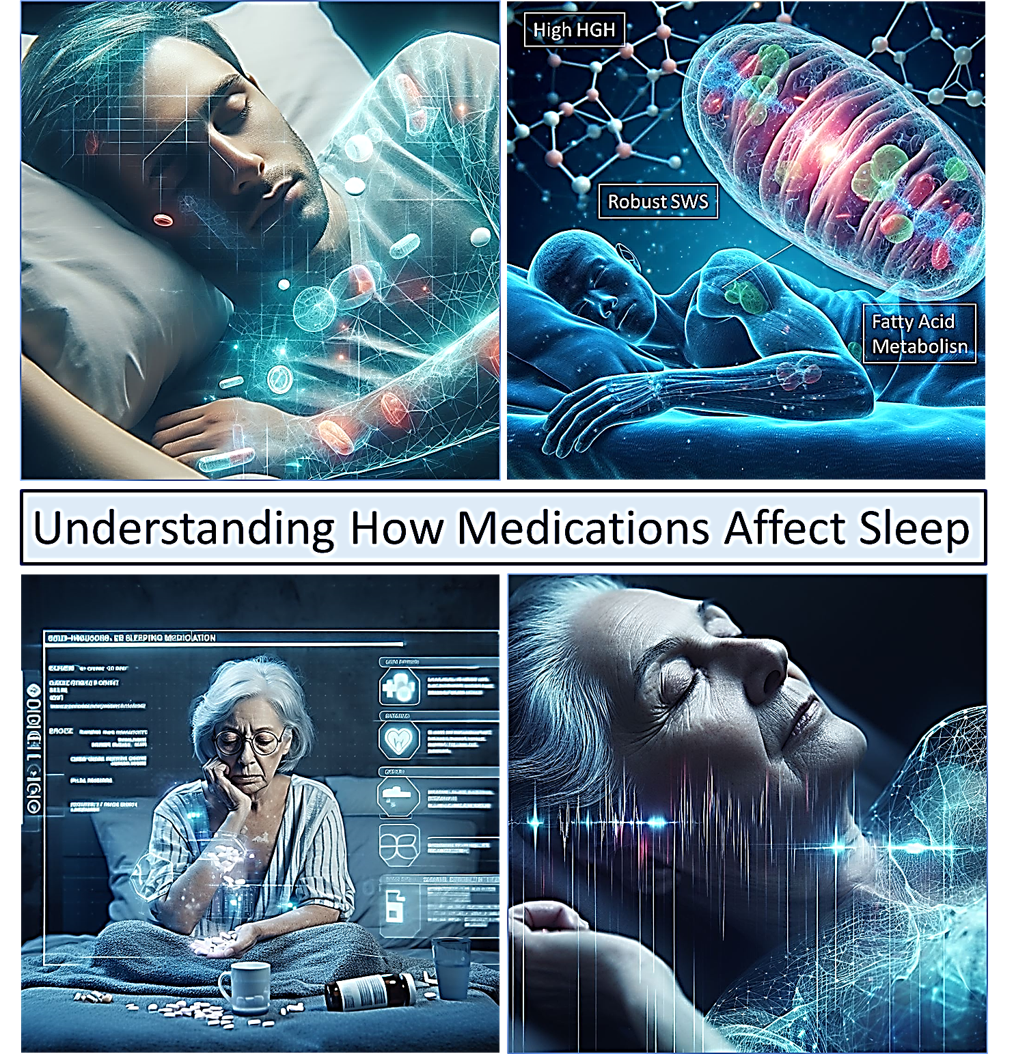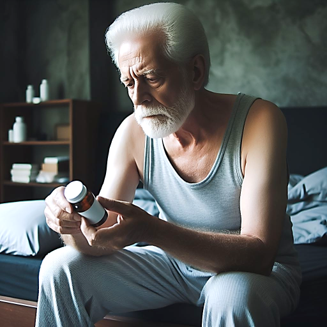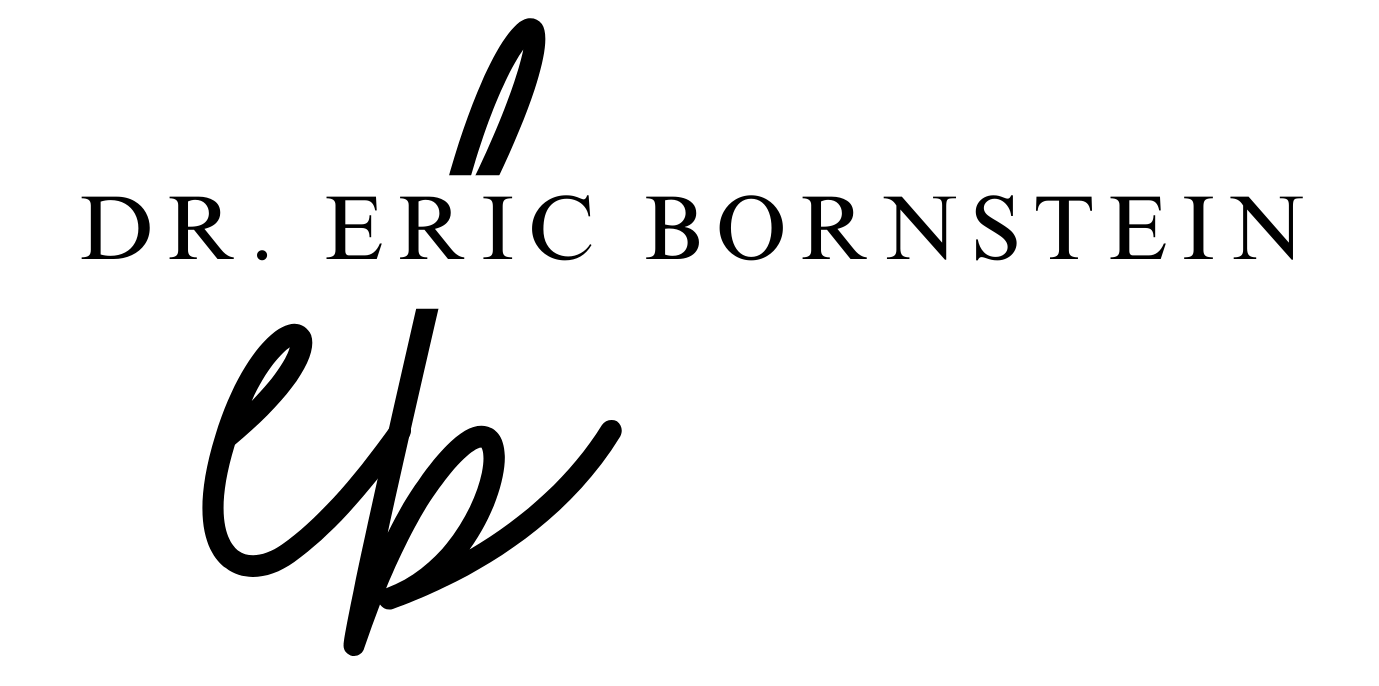Course 1 - Understanding How Medications Affect Sleep
Understanding How Medications Affect Sleep
Numerous every-day prescription and over-the-counter (OTC) drugs are associated with producing sleep disorders such as insomnia, nocturnal awakenings, and parasomnias. Sleep disturbances also commonly occur with the ill-timed use of alcohol, caffeine, nicotine, and many legal and illegal recreational drugs. It is generally believed that this information is well understood and common knowledge. That belief, however, is mistaken.
Sleep disturbance is one of the most frequent indicators of mental distress, inflammation, immunosuppression, and neurological deficit. Sleep disturbance is regularly caused by the use of prescription and OTC substances. As many as one-third of the adult population reports difficulty sleeping. This finding is unsurprising with the widespread and ever-increasing use of psychoactive medications and substances.

Below are some of the medications and substances that will be discussed in this new webinar.
- Caffeine & Nicotine
- Diuretics and β-blockers
- Steroids
- Dopamine Agonists
- Cholinesterase Inhibitors
- Psychostimulants
- Amphetamines
- Anxiolytics
- Appetite Suppressants
- Opioids and Cannabinoids

This course offers 4- CE credit hours for the following professions:
NURSES, DENTAL PROFESSIONALS, PHARMACISTS, REGISTERED DIETITIANS & DTRs, PSYCHOLOGISTS, MENTAL HEALTH COUNSELORS & MARRIAGE & FAMILY THERAPISTS, SOCIAL WORKERS, OCCUPATIONAL THERAPISTS & OTAs, PHYSICAL THERAPISTS & PTAs, CASE MANAGERS, and NURSING HOME ADMINISTRATORS
